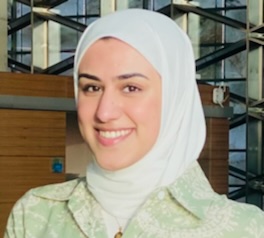

Aug 2024

Abstract:
Coral reefs represent one of the most biodiverse ecosystems on Earth. The foundation of these ecosystems relies on a symbiotic relationship between corals (cnidarian host) and photosynthetic dinoflagellate algae from the family Symbiodiniaceae. However, this symbiotic relationship is vulnerable to environmental changes, particularly rising sea surface temperatures. Significant knowledge gaps persist despite the critical importance of stable symbiosis and the clear evidence of its collapse due to climate change. Therefore, there is an urgent need to develop advanced omics and cellular tools to understand cnidarian-dinoflagellate symbiosis at cellular resolution. In this thesis, Aiptasia was utilized as a model system for studying cnidarian-dinoflagellate endosymbiosis. A novel workflow was developed, integrating acetic-methanol dissociation, microscopic imaging, fluorescence-activated cell sorting, RNA extraction from FACS-sorted cells, and RNA sequencing of specific cell populations. Bioinformatics analysis revealed significant host gene expression modulations in the symbiotic cells. Differentially expressed genes highlight the complex regulation of symbiosis across various cellular processes, including metabolic processes, metabolic exchange and nutrient trafficking, intracellular and intercellular signaling, cytoskeleton organization, immune response, phagocytosis, and antioxidant defense. The findings align with previous studies and validate the methodological approach. Altogether, the results demonstrate the potential of the established workflow to gain transcriptomic insights into specific cell populations, thereby accelerating symbiosis research. However, future research should address its limitations.
Bio:
Fatma Almoosa obtained her Bachelor's degree majoring in Molecular Biology and minoring in Forensic Sciences from Kuwait University. Currently, she is pursuing her Master's in Bioscience, under the supervision of Professor Manuel Aranda.